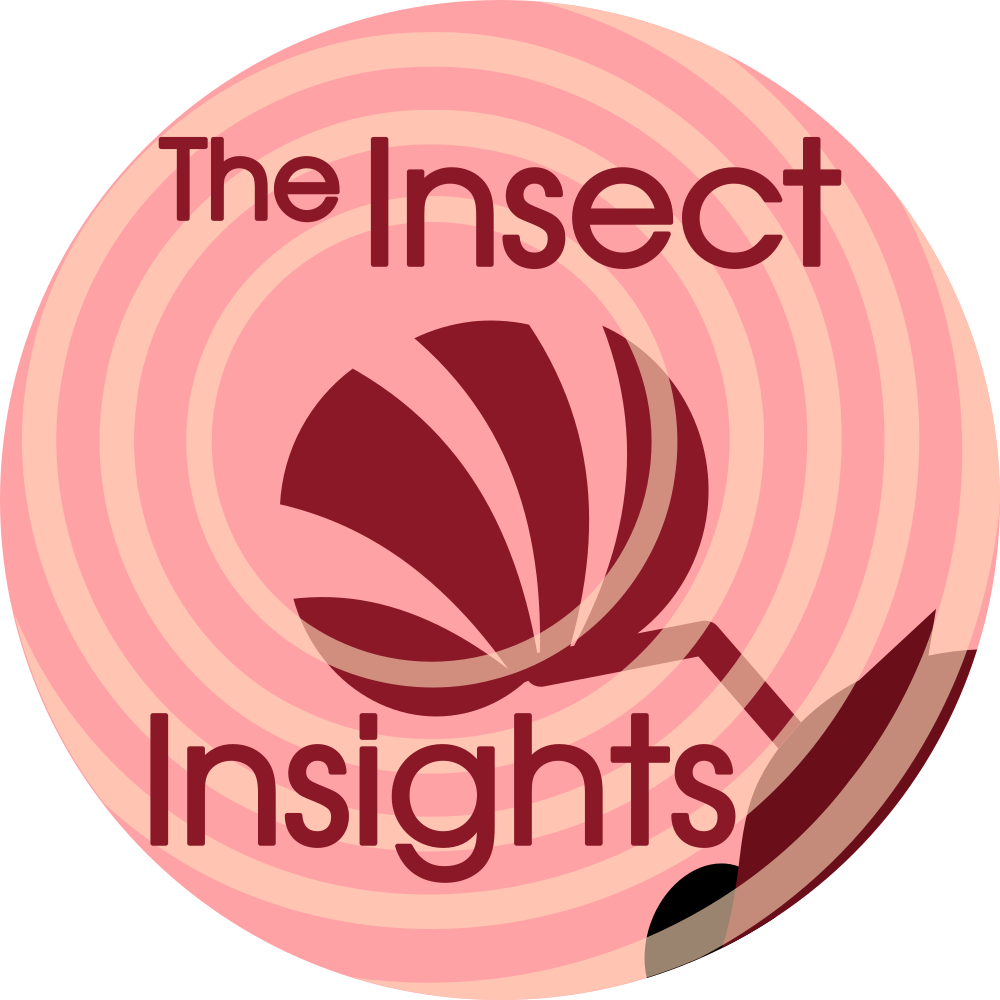
The wrong caterpillar, an unlucky victim
The story of a mistake that left a trace.
Transcript
Picture yourself on a leaf, your meal.
[European summer soundscape fades in]
As a caterpillar, you carelessly eat, hoping nothing goes wrong. Unfortunately for you, an unexpected encounter awaits you.
Hi and welcome to the Insect Insights, chill insect stories to relax and wonder, available wherever podcasts are. If you like this podcast, you can subscribe, leave a review and even an insect question, on spotify or on the website. I am Max, your host, and I hope you are ready to dive into insect knowledge for another insight!
The life of a moth larva is usually quite simple. Yours certainly is: you eat, accumulating resources until you have enough to start your metamorphosis. Up until now. A somewhat surprising meeting awaits you today, in the form of a small wasp.
As a Lepidopteran larva, the caterpillar of a moth or butterfly, parasitoid wasps are some of your most dangerous enemies. The monsters that would populate your nightmares if you had any. They lay eggs inside you, so that their larvae can eat you from inside.
This tiny beast lands on you, and starts gently patting you with its antennae. Usually, parasitoid wasps are very precise hunters, devoted to attacking a specific host. And this one wasp definitely is not on the right caterpillar, because you’re not its match. Ah! Stupid wasp!
Well, that doesn’t keep it from sticking its ovipositor inside you. Being on the wrong caterpillar doesn’t seem to be stopping this one. It is injecting eggs inside you, and with them the special mix supposed to ensure the success of the wasp’s brood.
This mix really is something! A bunch of virus genetic material, domesticated by the wasp millions of years ago, and slowly adapted and turned into a genetic hacking tool. If they were the ones adapted to you, they would shut down your immune resistance, and maybe even tweak your behaviour to advantage the survival of the wasp rather than yours.
But well, this wasp and its virus are definitely not adapted to you. Hopefully, your very functional immune system will be able to take care of these eggs and destroy them.
The virus particles are maybe a different thing… The way they function is by inserting themselves in your own DNA, and they really don’t need to be very adapted to you to do that. For sure, being alive with some new virus pieces in your genome is better than dead.
Who knows, maybe you will even reproduce, and transmit this new element down your lineage? Some day, it might even prove itself useful for you.
Sources
Schneider, S. E., & Thomas, J. H. (2014). Accidental Genetic Engineers: Horizontal Sequence Transfer from Parasitoid Wasps to Their Lepidopteran Hosts. PLOS ONE, 9(10), e109446. https://doi.org/10.1371/journal.pone.0109446



